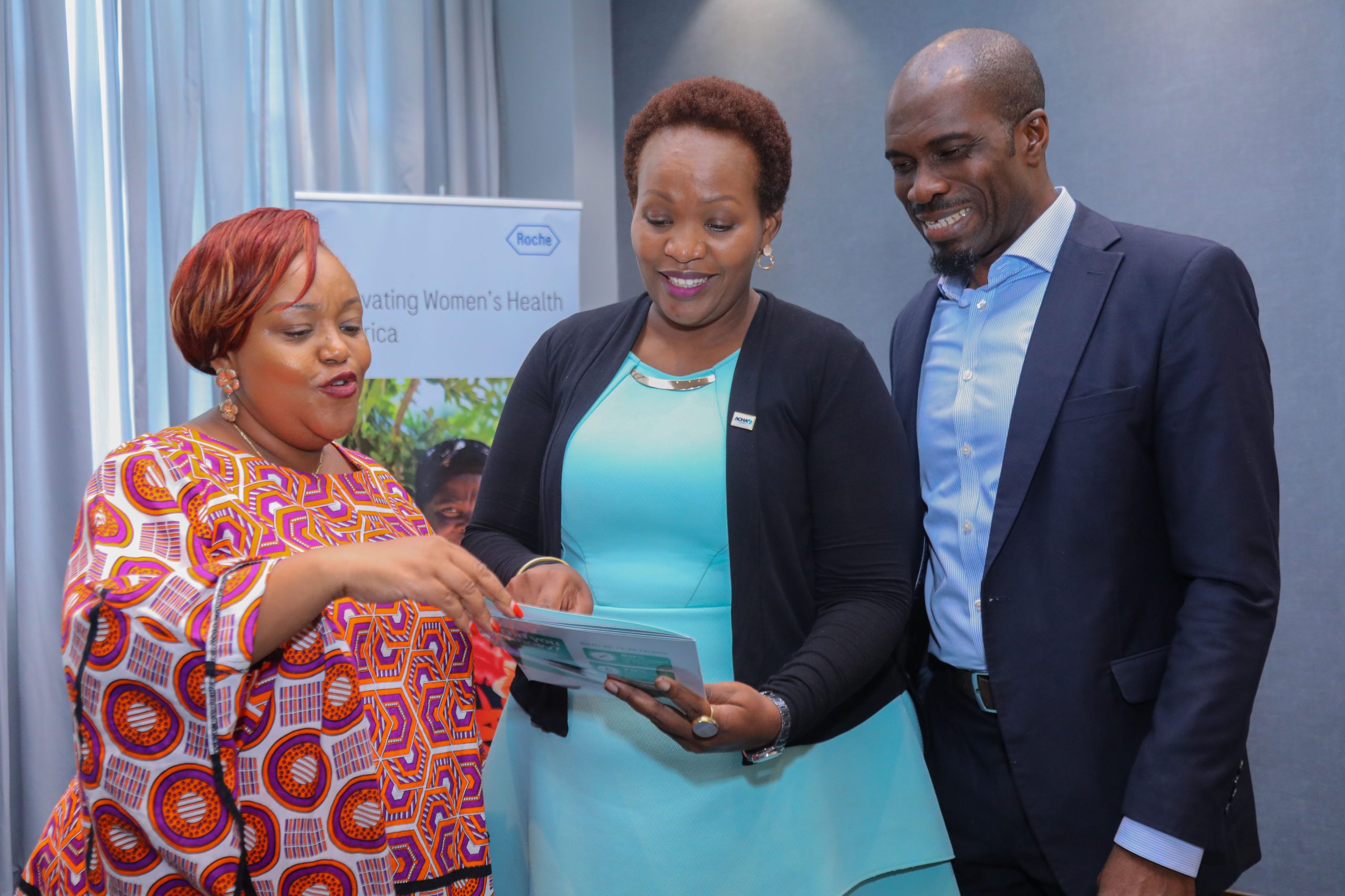By Eddah Waithaka
A coalition of top Kenyan medical experts is launching a nationwide offensive against the country’s number one killer of new mothers, postpartum hemorrhage (PPH).
The “Run for Her” initiative, led by the University of Nairobi and the Kenya Obstetrical and Gynaecological Society, is sprinting to close critical gaps in awareness, training, and resources that claim thousands of lives annually.
Globally, preventable causes kill 260,000 women every year during childbirth, with a staggering 70% of those deaths, approximately 180,000 occurring in sub-Saharan Africa.
In Kenya, postpartum hemorrhage alone causes between 2,500 and 3,000 maternal deaths each year.“We are raising the alarm because these deaths are preventable. They should not be happening,” said Prof. Moses Bimbo, Secretary at Kenya Obstetrical and Gynaecological Society (KOGS).

“Postpartum hemorrhage accounts for 25 to 60 percent of maternal deaths in this country. We are losing mothers to a cause we know how to treat.”
Medical experts define PPH as the loss of more than 500 milliliters of blood after a vaginal delivery, equal to a standard packet of milk or more than 1,000 ml after a Caesarean section.
The primary cause, responsible for 70-80% of cases, is a uterus that fails to contract after delivery. The “Run for Her” campaign tackles the problem on multiple fronts.
Its first goal is to generate awareness among policymakers, healthcare workers, and communities to break down dangerous myths.
“Some people say a mother has not been bleeding for nine months, so at delivery, it’s time for her to bleed to wash away all the old blood. This is why community engagement is essential,” the initiative lead explained.
The campaign also highlights a severe and often overlooked consequence of these deaths.
“When a mother dies from postpartum hemorrhage, her baby is left alone. Thirty-five percent of these babies will not see their fifth birthday,” he said.
A critical pillar of the solution is a trained workforce. Dr. Kireki Omanwa, a Consultant Obstetrician and Gynaecologist, emphasized that current medical rotations often leave graduates without the hands-on, crisis-level experience needed to handle a catastrophic bleed.

“We need continuous refresher training and crash courses that simulate PPH scenarios,” Dr. Omanwa stated. “This ensures these life-saving skills are at the tips of their fingers when every second counts.”
However, training means little without the tools. Experts outlined five essential pillars to save a mother: human resources, quality medication, blood supply, medical commodities, and ICU access.
The collapse of any single pillar can lead to tragedy. The blood supply crisis is particularly acute. Kenya collects only 60% of the blood it needs, and mothers consume 75% of all units available.
Dr. Omanwa revealed that a mother bleeding in surgery may need four to six units but often receives only one.To combat this, the initiative is piloting an innovative “roaming blood bank.”
The program will build a database of known blood donors who agree to be on call, receiving a text message to donate urgently when a mother’s life depends on it.
The “Run for Her” awareness runs have already launched in several counties identified as hotspots, including Nairobi, Kisumu, Mombasa, and Homa Bay.
The initiative plans to expand to all 47 counties, calling on governors, members of parliament, and global partners to invest directly in maternal health.
“We are asking all policymakers to put their hands on the deck,” the initiative lead said. “We need to invest in the right medications, but more importantly, we need to invest in a trained workforce that is deployed to the right places. We must make a conscious decision that saving these women is a priority.”







